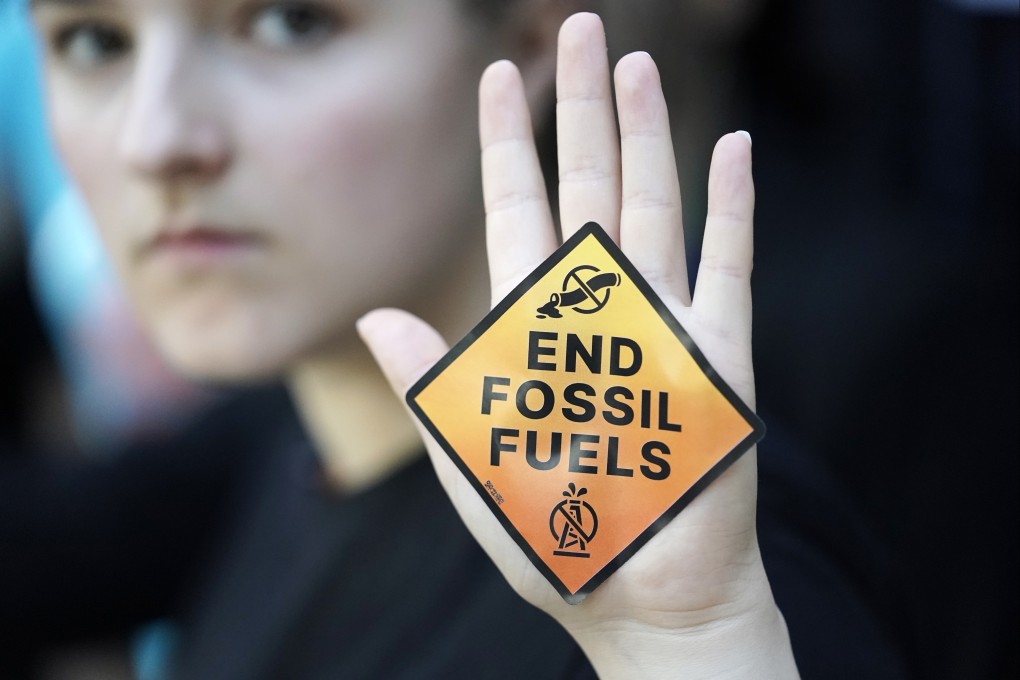Inside Out | Cop28: learn from China on climate action – underpromise and overdeliver
- Like previous climate conferences, Cop28 seems to revolve around missed targets, unfulfilled commitments and the increasingly grave consequences of our failures
- But China, while still the worst polluter, is quietly and steadily making a planet-leading energy transition

For the world’s grimmest top job, look no further than the United Nations’ secretary general, Antonio Guterres. As the catastrophic corrosion of multilateral cooperation spreads, with wars, forced migration, pandemics and global warming blighting millions of lives, his warnings have become steadily shriller – and unwelcome and ignored.
He did not mince words ahead of Cop28, acutely aware of the need for leaders to replace more-or-less empty promises with grit-on-the-ground commitments to cut carbon dioxide, phase out fossil fuels, slow global warming and fund poor economies’ efforts to cope with climate harm: “Countries are far off track … I see a lack of ambition. A lack of trust. A lack of support. A lack of cooperation. And an abundance of problems around clarity and credibility.”
Despite the faltering steps of the Conference of Parties since the first meeting in Berlin in 1995, it would be unfair to make light of the real progress made. A scientific consensus has been created that is well recognised, if poorly communicated.
Landmarks like the Paris Accord have made powerful contributions to political progress and broadened public awareness of the scale and gravity of the climate threat. Community groups and NGOs have been empowered. How else would we have created climate events so enormous – Dubai’s Cop28 brings together more than 70,000 policymakers, experts and climate activists – that a consensus is almost inevitably unachievable?
